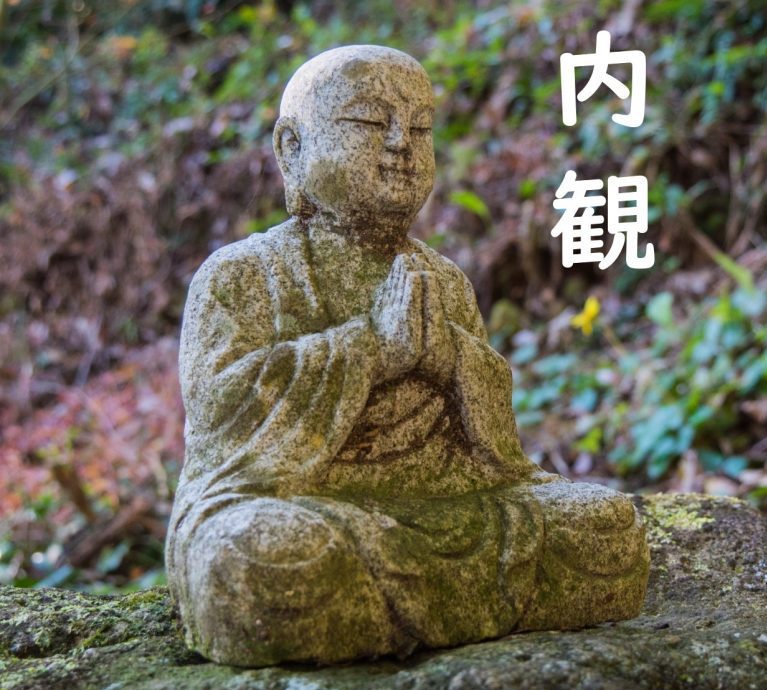How gratitude plays a role in the longevity of hope in Japan, according to a recent report
Okinawa, an island southwest of Japan’s main landmass, is known as a Blue Zone – a longevity hot spot, a place where people live healthier and longer. And more broadly, the nation of Japan was found to have the longest average life expectancy (just over 84 years) of anywhere in the world, according to a July 2020 study.
More recently, a report published in the journal Anthropology and Aging is shedding light on how Japan’s older people maintain their psychic health as much as their physical health, and it appears to come down to an “attitude of gratitude.”

The link between gratitude and hope
The report, which was conducted by Iza Kavedija, Ph.D., of the University of Exeter, focused on people in their 80s and 90s, via long-term ethnographic fieldwork near Osaka.
The older community was found to foster feelings of “quiet hope,” with a belief that events would work out “somehow” (the term used is “nantonaku”, which loosely translates to “for some reason or another”). In essence, they accepted the uncertainty of their future and didn’t allow it to stop them from living an engaging life – which provided peace of conscience and a sense of hope or optimism.
“An attitude of gratitude was embedded in older people’s recollections of the past,” said Kavedija, “but also allowed them to think about the present in a hopeful way. A world in which one has received much goodwill from others is a different place from one in which one has experienced loss, even if the facts of life are the same.”
So in tandem with embracing a general optimism for their remaining life, these people also concentrated on reframing their remembrances. For example, rather than dwelling on abilities they may have lost with age, they focused on gratitude for the support of other people in their life.
“If one habitually invokes the involvement of others and their role in one’s life, one is reminded how much other people have helped them, in countless small and more substantive ways.” She also explained, “The same events seem different when one focuses on how others have helped.”
How gratitude is embraced in Japan
According to Kavedija, “Gratitude in Japan can be seen, to a large extent, as a recognition of how much one relies on others as one moves through life. Gratitude highlights feelings of interdependence in the social world.”
In her research, people explained that they wouldn’t be the person they were at that moment if not for the influence of the others in their lives. There were two common phrases used evoking gratitude: “arigatai”, “I am grateful,” and sometimes “kansha”, “gratitude.”
“While people in Japan might hesitate to say they are happy, gratitude is mentioned frequently,” she said, “Through appreciation, dependence on others is not seen as simply a burden or a potential source of embarrassment but also as moving and deeply meaningful.”
In other cultures, older populations may experience negative feelings about becoming more dependent on others in their life. But in Japan, Kavedija observed, many persons find ways to appreciate that dependence and what it means about their social relationships.
Tangible ways to integrate gratitude into your routine and daily attitude
In a year when we’re embracing joy, we need to become even more aware of the role gratitude for others plays. If you’re looking to refocus your daily attitude on one of gratitude, focus questions are a good place to start. You can simply contemplate them, or perhaps use them as a journaling prompt.
Some examples include:
- What am I taking for granted that, if I stop to think about it, I am grateful for?
- What insights have I gained that I am grateful for?
- What about my surroundings am I thankful for?
If you’re looking for actionable ways to express more gratitude for your loved ones near and far, there’s a whole lot you can do to express their important role in your life. Some examples include:
- Send a handwritten letter.
- Mail a book that reminded you of them.
- Share a note or text telling them something you love about them.
One aspect is for sure: Gratitude is good for us (in fact, it’s got plenty of research-backed benefits). It can be a powerful tool for recalibrating our daily mood to focus on hope and positivity, in even the most challenging times.
yogaesoteric
March 31, 2022
